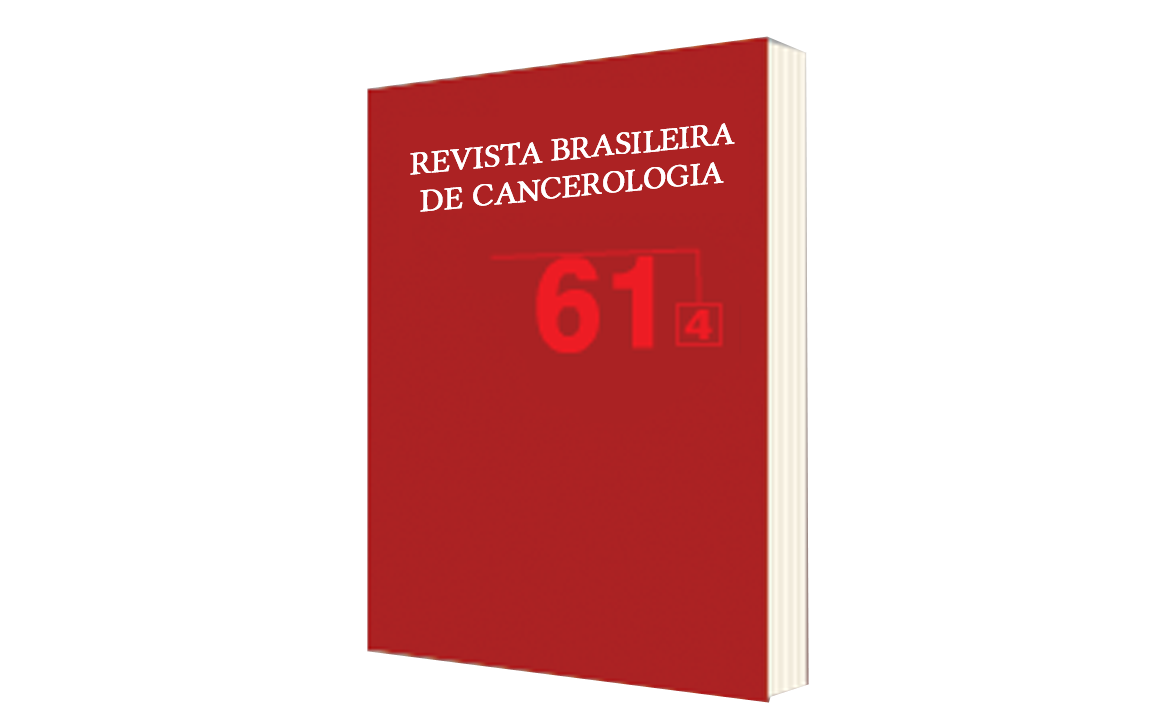Nutritional Assessment and Recommendation in Cancer Patients Initiating Chemotherapy
DOI:
https://doi.org/10.32635/2176-9745.RBC.2015v61n4.227Keywords:
Neoplasms, Nutritional Status, Nutrition Assessment, Drug TherapyAbstract
Introduction: Early diagnosis and management of nutritional problems can improve the prognosis of cancer patients. Objective: Identify the need of nutritional intervention through Patient-Generated Subjective Global Assessment produced by patient (PG-SGA) and associated factors in patients in the beginning of chemotherapy. Methods: This cross sectional study used secondary data. It included patients over 18 years old that started chemotherapy treatment in the Chemotherapy Service of the Universidad Federal de Pelotas from May/2011 to December/2012. Variables were collected from PG-SGA and medical records. Data were plotted in Microsoft Excel 2007® and the statistical analyzes were performed in Stata® 11.2. Statistical tests applied were chi square test and Poisson regression, considering a significance level of 5%. Results: It was demonstrated that 40.4% of patient evaluated were classified as well nourished, 46.8% as having moderate malnourishment and 12.8% as having severe malnourishment. The highest PG-SGA scores were associated with being aged over 60 y (p<0.001), stage III (p=0.0030) and having head or neck and lung cancer (p=0.006). It was also observed that elderly patients and those whose cancer was at advanced stages presented a 1.53 and 1.85 fold higher probability, respectively, of needing nutritional intervention, compared to adult patients and those with stage I and II of the disease. Conclusion: The majority of patients had moderate or severe malnourishment, with critical need for nutritional intervention. Elderly patients, with stage III and with head, neck and lung cancer presented more probability of needing nutritional intervention.









